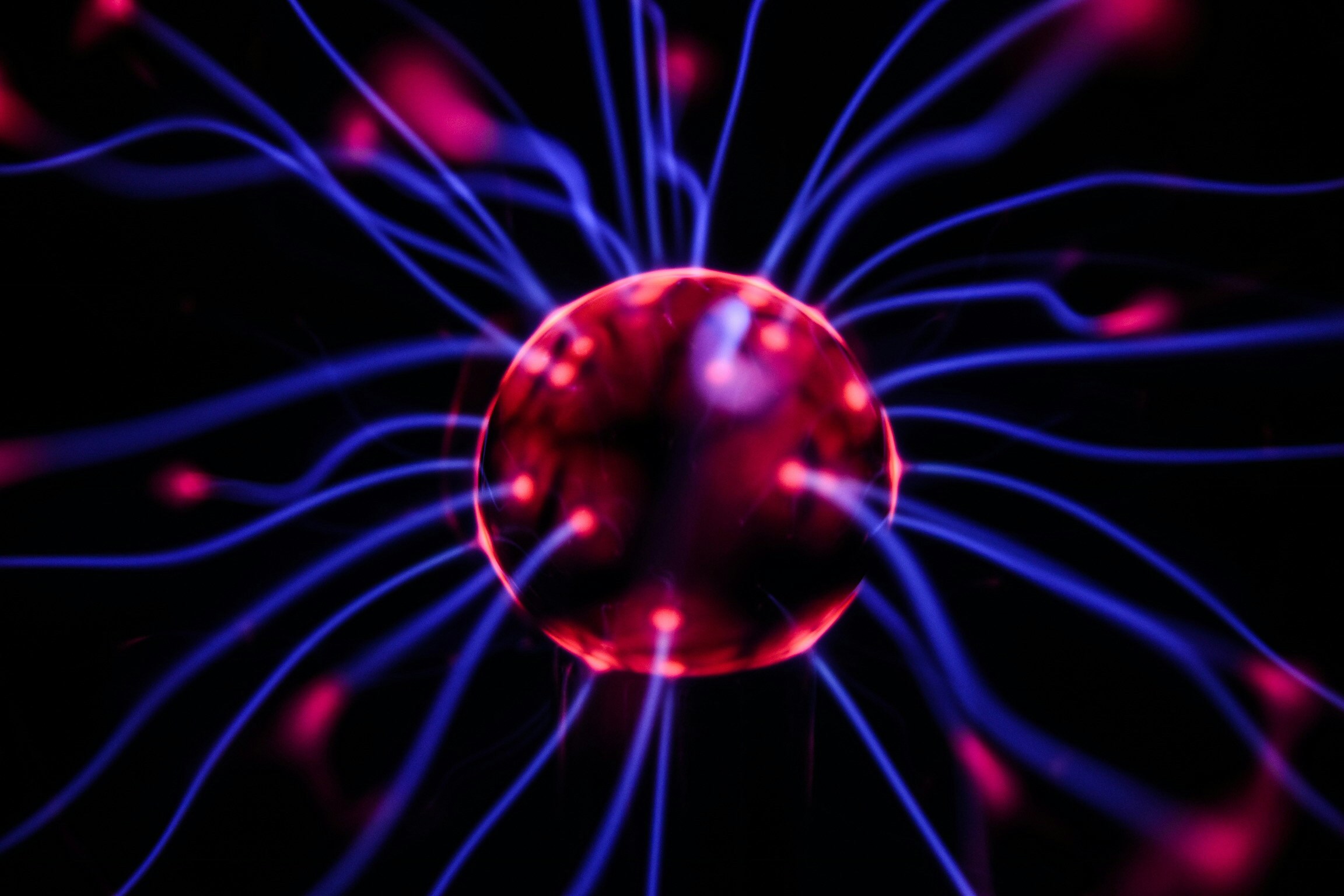30 Dec 2024
ADHD and Dyslexia: Similarities & Differences
Seeing your child struggling at school or in their personal lives can be incredibly difficult – especially when you’re unsure what support they need to start thriving.
And for adults, navigating undiagnosed neurodevelopmental conditions can be just as tough.
A common challenge for individuals presenting with the traits of conditions such as ADHD and dyslexia – and their potentially overlapping symptoms – is understanding exactly what their diagnosis is and which interventions could help them.
In this guide, clinical psychologist Dr Lisa Williams explores the unique and overlapping traits of ADHD and dyslexia and explains how individuals can access the right support for themselves or their children.
ADHD and Dyslexia
Before we look at some potentially similar or overlapping traits between ADHD and dyslexia, it’s important to understand the clinical definition of each condition…
What is ADHD?
Attention Deficit Hyperactivity Disorder (ADHD) is a developmental condition characterised by difficulties with inattention, impulsivity and hyperactivity.
There are currently three recognised subtypes of ADHD – predominantly inattentive, predominantly hyperactive/impulsive and combined.
How Does ADHD Present in People?
Children with inattentive ADHD can find it difficult to concentrate on activities at school and home. They may ‘flit’ from activity to activity, avoid reading or doing their homework and can find it hard to sit through a movie.
They’ll struggle to listen to instructions, meaning they require frequent prompts, reminders and redirection – and will become easily distracted by things that other people seem to be able to block out or ignore.
Children experiencing difficulties with hyperactivity and impulsivity will find it difficult to sit still and will frequently move and fidget. They may get reprimanded for talking too much in class, as well as interrupting others and struggling to ‘put the brakes on’.
Adults with ADHD will experience similar, but their traits may now look a little different.
An adult experiencing difficulties with their attention will struggle with ‘life admin’, such as missing paying bills, forgetting appointments and overlooking work deadlines. This may result in workplace disciplinaries or difficulties navigating relationships with friends or spouses.
Hyperactivity and impulsivity in adults can be less obvious than in children. A person will often feel a constant sense of internal restlessness and struggle to switch off. They may also struggle to inhibit video gaming or gambling, frequently change their interests or even get caught speeding or doing other ‘risky’ things without thinking through the consequences.
What is Dyslexia?
Dyslexia is a ‘specific learning difficulty’ which primarily affects reading and writing skills – although it can also affect other areas of information processing, such as organisation and memory.
The Rose Report defines dyslexia as “a learning difficulty that primarily affects the skills involved in accurate and fluent word reading and spelling. Characteristic features of dyslexia are difficulties in phonological awareness, verbal memory and verbal processing speed.
“[It] occurs across the range of intellectual abilities [and] is best thought of as a continuum, not a distinct category, and there are no clear cut-off points.”
Individuals with dyslexia may experience difficulties such as a misalignment between their written and verbal ability – and confusing letters that look similar (b/d, p/g, n/u, m/w). They may also spell words in several different ways or use unusual sequencing.
When reading, children may be slow and laboured and find it difficult to blend letters together. They may struggle to recognise familiar words or comprehend important parts of a passage.
Similarities and Overlap Between ADHD and Dyslexia
ADHD can co-occur with dyslexia – and it’s possible to have one or both of the conditions. Research suggests the rate of ADHD and dyslexia co-occurrence is around 25-50%.
It’s even possible to be diagnosed with ADHD and dyslexia while also displaying traits of other conditions, such as dyspraxia or autism.
Some individuals may believe they have both conditions, due to the potentially similar or overlapping traits between the two. This may include struggling with organisation or forgetfulness, being easily distracted, finding it hard to process information and experiencing memory difficulties.
The Importance of ‘Differential Diagnosis’
When clinicians assess for ADHD, they are exploring whether a person fulfils the ‘diagnostic criteria’ for the condition. This means working through a ‘specified checklist’ of ‘what is needed’ to be diagnosed with that specific condition.
This is a critical aspect of the assessment, as we all experience some difficulties but not everyone experiences them to the degree that warrants a diagnosis.
To be diagnosed with ADHD, someone must display ‘enough’ symptoms of the condition, as well as presenting them across multiple settings, rather than just in one situation. They’ll also need to prove they’ve experienced these difficulties since childhood and that their life has been significantly impacted by them.
It’s important to be aware, though, that it’s possible to meet all these criteria and still not have ADHD. There could be other reasons or conditions that better explain the person’s difficulties.
This relates to something called a ‘differential diagnosis’ – the final part of the diagnostic criteria which involves the clinician checking that the symptoms are not better explained by another disorder.
For example, it may be that someone’s difficulties are better explained by high anxiety, depression or other mental health needs – or that they relate to being autistic or having a learning disability.
ADHD is a ‘lifelong diagnosis’, so clinicians must think carefully about differential diagnosis to ensure that the correct decisions are made.
How to know if it’s ADHD or Dyslexia?
Unfortunately, there is no easy way to tell whether someone has ADHD, dyslexia, neither or both.
Determining these diagnoses requires careful and comprehensive assessment by a qualified and experienced clinician who has knowledge of all these conditions.
When completing an ADHD assessment, clinicians will ask specific questions to help them disentangle what difficulties might be specific to ADHD and what could be accounted for by other conditions like dyslexia.
For those with ADHD, difficulties with attention and concentration occur for any task that does not feel stimulating or of interest. In contrast, a person with dyslexia (who does not have ADHD), will often be able to concentrate on activities and tasks that don’t challenge their specific learning needs.
Therefore, an ADHD clinician will ask about what sorts of tasks, activities, situations and settings a person’s difficulties arise in – assessing the ‘pervasiveness’ of the difficulties (how ‘widespread’ they are for a person in their life).
Support for ADHD and Dyslexia
If you or your child are struggling, and think this may be because of ADHD or dyslexia, you may wish to seek further assessment. This should start with your GP.
ADHD assessments should be completed only by clinicians with the necessary experience and expertise in ADHD. Typically, this will be a psychiatrist, psychologist or an advanced nurse practitioner.
The Autism Service offers Child ADHD Assessments and Adult ADHD Assessments, designed to identify ADHD in individuals, so they get the support they need to thrive.
Our diagnostic assessments are of the standard completed by the NHS that looks at whether ADHD explains your presentation.
Dyslexia assessments are typically completed by specialist teachers or educational or occupational psychologists.
If your child is struggling at school, speak to their teacher (or the delegated special needs coordinator, often called a ‘SENCO’) about your concerns. They can help you think about potential adaptations your child may need in the classroom, or support you in pursuing further specialist assessment.
For adults struggling at work, it can help to approach your manager to share your concerns. They may be able to think about any adaptations to your role that might help, or support you to develop a ‘wellness action plan’.
It’s not uncommon for people with neurodevelopmental conditions, like ADHD and dyslexia, to also struggle with their mental health. If you wish to speak with a professional about your mental health, you can visit your GP or self-refer to talking therapies.
Frequently Asked Questions (FAQs)
- How do you get diagnosed with dyslexia and ADHD?
Determining a diagnosis of dyslexia, ADHD or both, requires careful and comprehensive assessment by a qualified and experienced clinician, with knowledge of all these conditions.
ADHD assessments should only be completed by clinicians with the necessary experience and expertise in ADHD – typically a psychiatrist, psychologist or an advanced nurse practitioner.
Dyslexia assessments tend to involve the expertise of a specialist teacher or educational or occupational psychologist.
- Is there a connection between ADHD and dyslexia?
ADHD and dyslexia are both neurodevelopmental conditions which can often present similar or overlapping traits, such as struggling with organisation, forgetfulness and being easily distracted.
However, there is no direct connection between the two conditions, and it is possible for an individual to have one, both or neither of the conditions.
Ready to book an assessment?
The Autism Service is committed to expanding its network of clinics to enable clients to access timely gold-standard assessments in their area.
Related posts

30 Dec, 2024
ADHD and Dyspraxia: Similarities & Differences

28 Nov, 2024
Autism and Bedtime

31 Jul, 2024
Supporting a Child with Autism in the Classroom

16 Jul, 2024